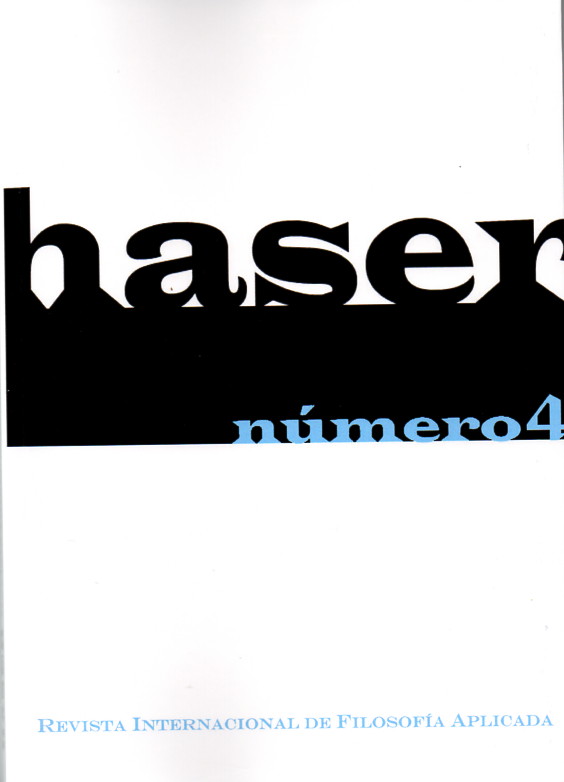EL PSICOANÁLISIS EXISTENCIAL
Resumen
El psicoanálisis existencial es una de esas críticas constructivas derivadas del psicoanálisis empírico que intenta abrirse camino como alternativa, renovación y modelo de terapia psicoanalítica. Ha encontrado una fundamentación óntico-ontológica desde la cual mostrar al ser descrito tal como se manifiesta en tres estadios concretos: el para-sí, en-sí y para-otro, para llegar a ver que las relaciones con los otros son las que nos provocan esos desequilibrios psíquicos. Nuestro psicoanálisis se plantea como una superación al psicoanálisis empírico en el rechazo al postulado del inconsciente y en la elección que renuncia a suponer una acción mecánica del medio sobre el sujeto considerado a abandonar la simbología utilizada hasta entonces. El psicoanálisis existencial deberá ser enteramente flexible y amoldable a los menores cambios observables en el sujeto, ya que se trata de descubrir una elección no un estado. Como el psicoanálisis existencial tiene como objeto descubrir una elección, deberá tener siempre presente que su objeto no es algo hundido en las tinieblas del inconsciente, sino una determinación consciente y libre. Finalmente, la propuesta es una terapia psicoanalítica ya que la persona es una constante proyección en el mundo, el método existencial, se orienta desde el principio hacia una comprensión del ser y no debe asignarse otro objetivo que encontrar el ser y la manera de ser del ser frente a ese ser.
Descargas
Descargas
Publicado
Cómo citar
Número
Sección
Licencia
Los autores/as que publiquen en esta revista aceptan las siguientes condiciones:
1. Los autores/as conservan los derechos de autor y ceden a la revista el derecho de la primera publicación, con el trabajo registrado con la licencia de atribución de Creative Commons, que permite a terceros utilizar lo publicado siempre que mencionen la autoría del trabajo y a la primera publicación en esta revista.
2. Los autores/as pueden realizar otros acuerdos contractuales independientes y adicionales para la distribución no exclusiva de la versión del artículo publicado en esta revista (p. ej., incluirlo en un repositorio institucional o publicarlo en un libro) siempre que indiquen claramente que el trabajo se publicó por primera vez en esta revista.
3. Se permite y recomienda a los autores/as a publicar su trabajo en Internet (por ejemplo en páginas institucionales o personales) antes y durante el proceso de revisión y publicación, ya que puede conducir a intercambios productivos y a una mayor y más rápida difusión del trabajo publicado (vea The Effect of Open Access).


